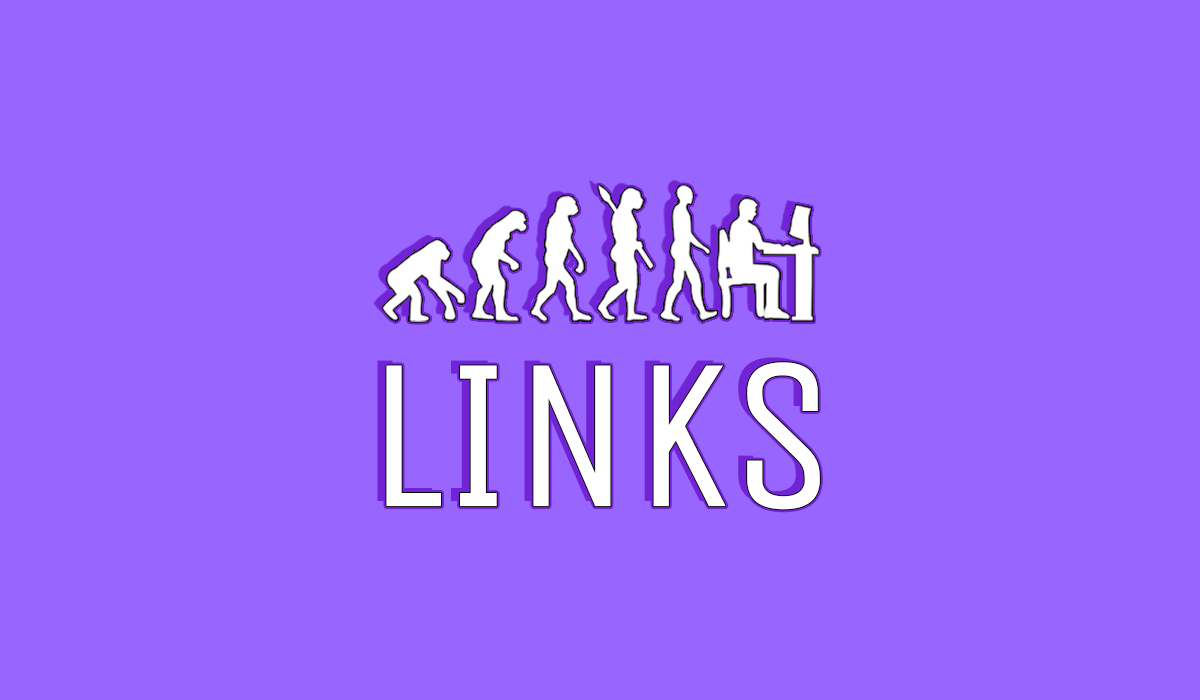LINKS - February 14th, 2024
Welcome to LINKS — my attempt to provide Rhapsody readers with five interesting stories that tell us something about what it means to be human. LINKS is published every Wednesday. Have a link you want to share? Drop it in the comments.
Europe’s oldest human-made megastructure may be at the bottom of the Baltic Sea
By Laura Baisas, Popular Science
“The team believes that Stone Age hunter-gatherers likely built it about 11,000 years ago to hunt reindeer. Hunting walls like this would catch herds of animals that are more likely to run parallel alongside obstacles instead of jumping over them. “
Could Onomatopoeia Be the Origin of Language?
“As far as I know, every language has onomatopoeia, and there appear to be some near-universal characteristics. In tests, people from almost every background will tend to associate the made-up sounds bouba and kiki with, respectively, a rounded and a pointed shape. But we also enjoy learning how different languages represent the same natural sounds differently. A duck goes quack quack in English but coin coin in French. In Spanish a dog goes guau-guau, not woof woof, while in Arabic it goes haw haw, and in Mandarin wang-wang. In Japanese cats go nyaa, and bees—having no access to the zz sound—go boon-boon.”
Jeopardy! Winner Reveals Entwined Memory Systems Make a Trivia Champion
By Hannah Seo, Scientific American
“Trivia experts were more likely to remember a new fact correctly, especially when they remembered the photographs associated with the corresponding exhibit and the museum setting that the fact was displayed in. In other words, trivia experts’ memory of setting and context seemed to couple with and augment their recollection of facts.”
Cancer keeps coming for the young. Why?
By Alvin Powell, The Harvard Gazette
“This is a global phenomenon. In higher socioeconomic countries, where there are screening programs for colorectal cancer, rates are declining nicely in those over 50. For those under 50, the curve is going the opposite way, mirroring what we are seeing in the U.S. We are now seeing rises in young-onset gastrointestinal cancers in all parts of the world. Whatever is happening, we need to study this on a global level.”
Read news article or watch video
The Half of the World That Doesn’t Make Out
By William Jankowiak, Justin R. Garcia, & Shelly Volsche
“We looked at 168 cultures and found couples kissing in only 46 percent of them. Societies with distinct social classes are usually kissers; societies with fewer or no social classes, like hunter-gatherer communities, are usually not. For some, kissing seems unpleasant, unclean, or just plain weird. Kissing is clearly a culturally variable display of affection.”




